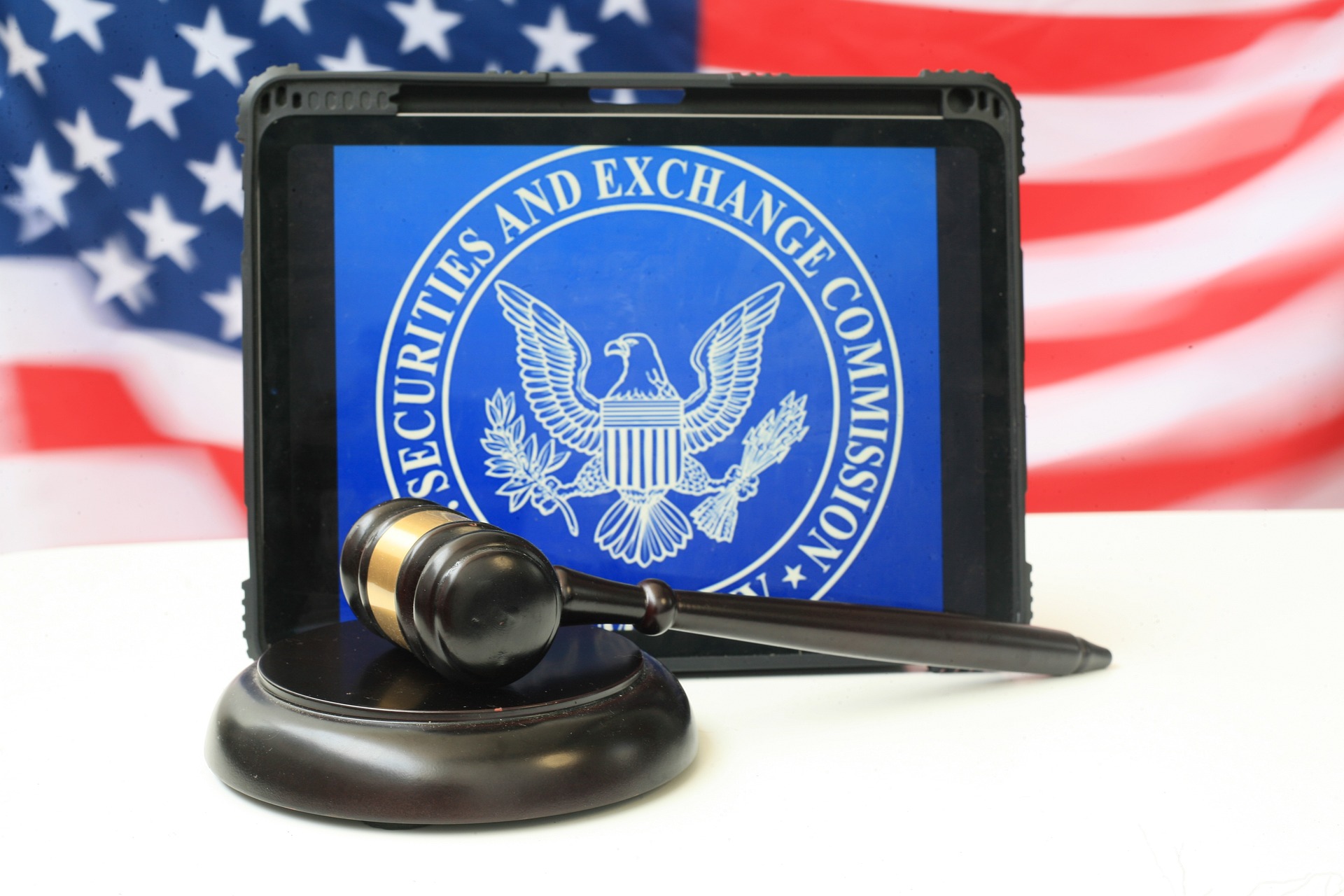A group of Congress members in the US have sent a letter to the Internal Revenue Service (IRS) asking for a fairer tax on staking rewards, a Coin Center letter revealed Tuesday.
However, a tax must be levied when such rewards are sold, instead of acquired, said the Congressmen.
Coin Center, a non-profit, Washington DC-based advocacy firm, contests for better regulation around cryptocurrencies and blockchain technology. Its work has shaped some of the legal narratives around cryptocurrencies in the US today.
Don’t tax crypto rewards
The letter calls for taxing staking rewards for validators in proof-of-stake networks only when they sold on exchanges, instead of when they were received. This means if a user receives ten units of a crypto reward but sells just one; they must be taxed only on the latter.
Yesterday’s effort is another is a series of pro-crypto letters to different policymakers in the US government. The thinktank, Coin Center, believes poor policymaking has undermined cryptocurrencies. Moreover, much of the legal narrative is based on the negatives instead of the benefits, the body says.
When a validator on a proof of stake network creates a reward for maintaining that network’s blockchain, tax law could treat her proceeds in two alternative ways: (1) she’s been paid some revenue and therefore has income to report, or (2) she’s created some valuable item directly through her labor, the letter noted.
Congressmen noted he first of those points is “essentially like being paid a wage for a job,” while the second is essentially like “growing valuable crops on one’s own lands or extracting minerals from one’s own mines.”
Meanwhile, as cryptocurrency activities are relatively new, there are no established precedents to adequately access how mining or staking rewards must be taxed, said Coin Center.
Besides, treating these rewards as income “creates a tremendous administrative burden on both the taxpayer and the Service,” the letter states.
Applies to all cryptocurrencies, says Coin Center
It’s not only proof-of-stake currencies getting the Congressman’s attention. Proof-of-work, like Bitcoin and (currently) Ethereum, fall in that bracket too.
The letter explains:
“Any block reward from a permissionless cryptocurrency network (…) is most accurately described as the creation of value through one’s own capital and labor rather than the receipt of value from an employer.”
It adds that the network allows users to create wealth from their own resources, instead of paying people for their labor. After all, Bitcoin (or other cryptos) is not “anyone’s employer.”
The letter concludes that block rewards be treated similarly to and taxed like crops, minerals, livestock, artwork, and assembly-line widgets, i.e. at the time of sales, not creation.
This is also in line with the US government’s definition of Bitcoin as a commodity, instead of a security.
The letter has been received warmly by staking-based cryptocurrencies. These include Cardano, whose Shelley rollout last week brought ADA rewards to holders:
– formally supported by the @CardanoStiftung ! https://t.co/HnDzFDJxCb
— Nathan Kaiser 王納森 (@nathan_kaiser) August 5, 2020
Meanwhile, Coin Center ended its post with a bit of a tongue-in-cheek: Now let us see if it takes another 5 years for the service to actually make some real progress.
Like what you see? Subscribe for daily updates.

























